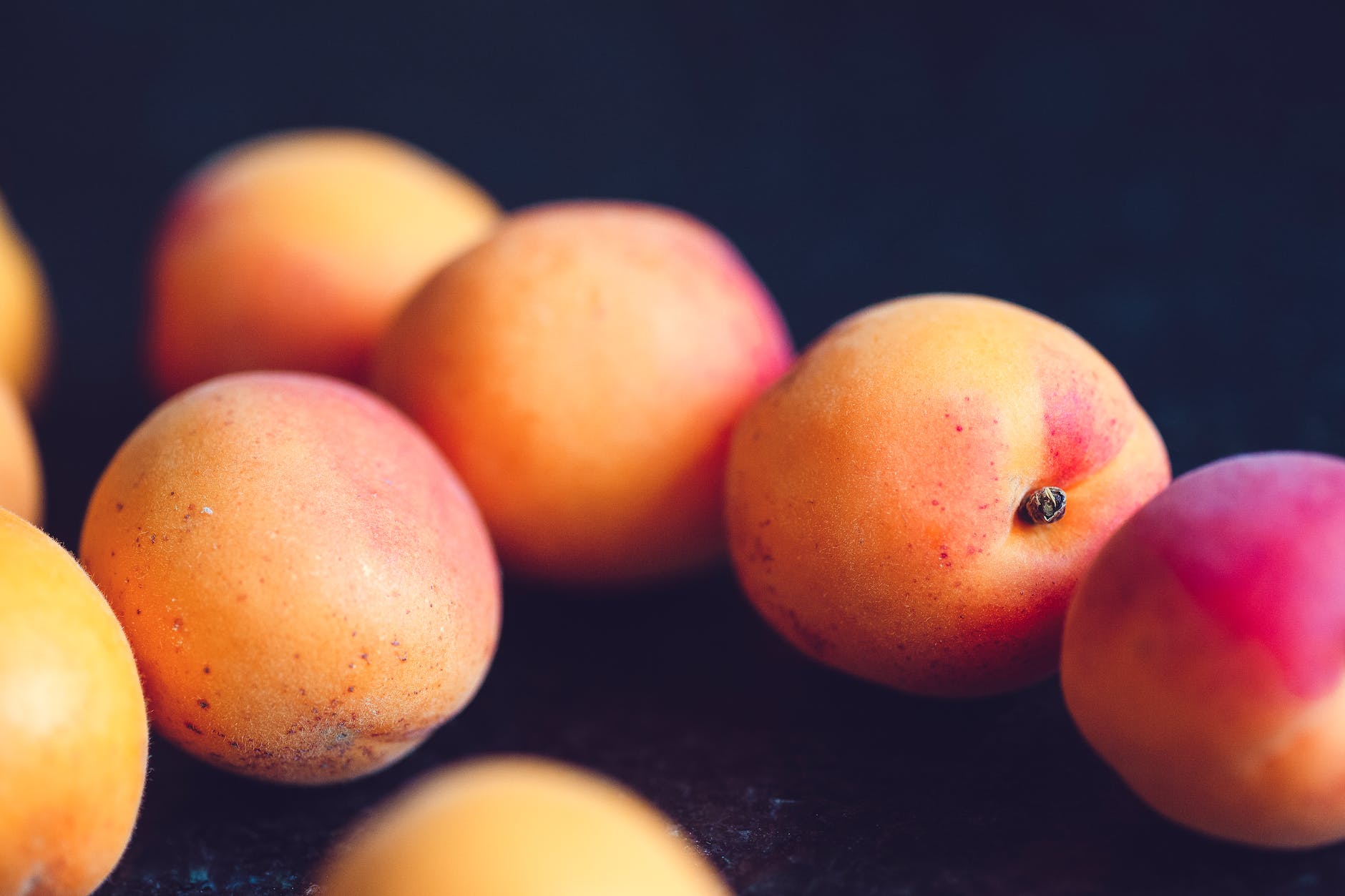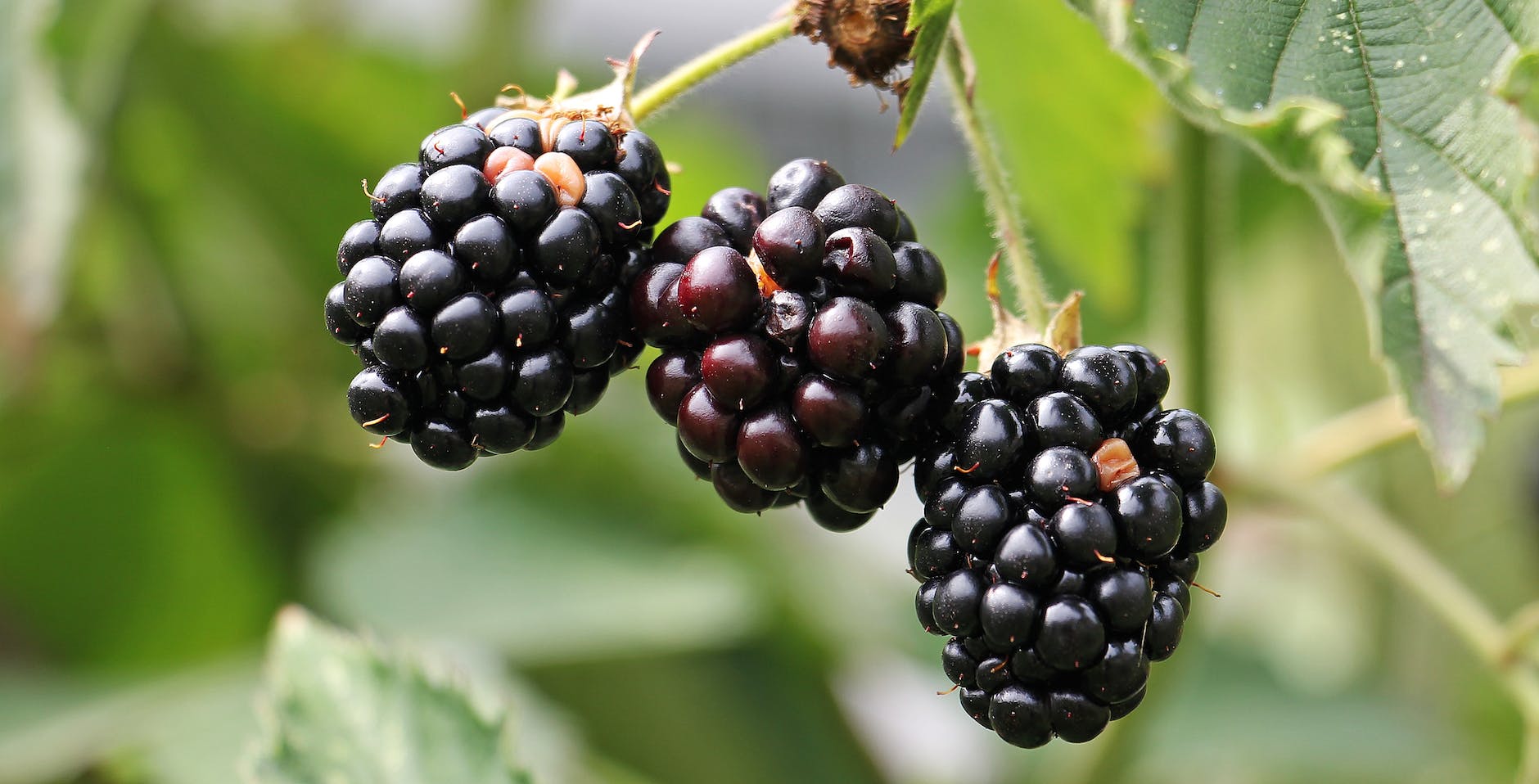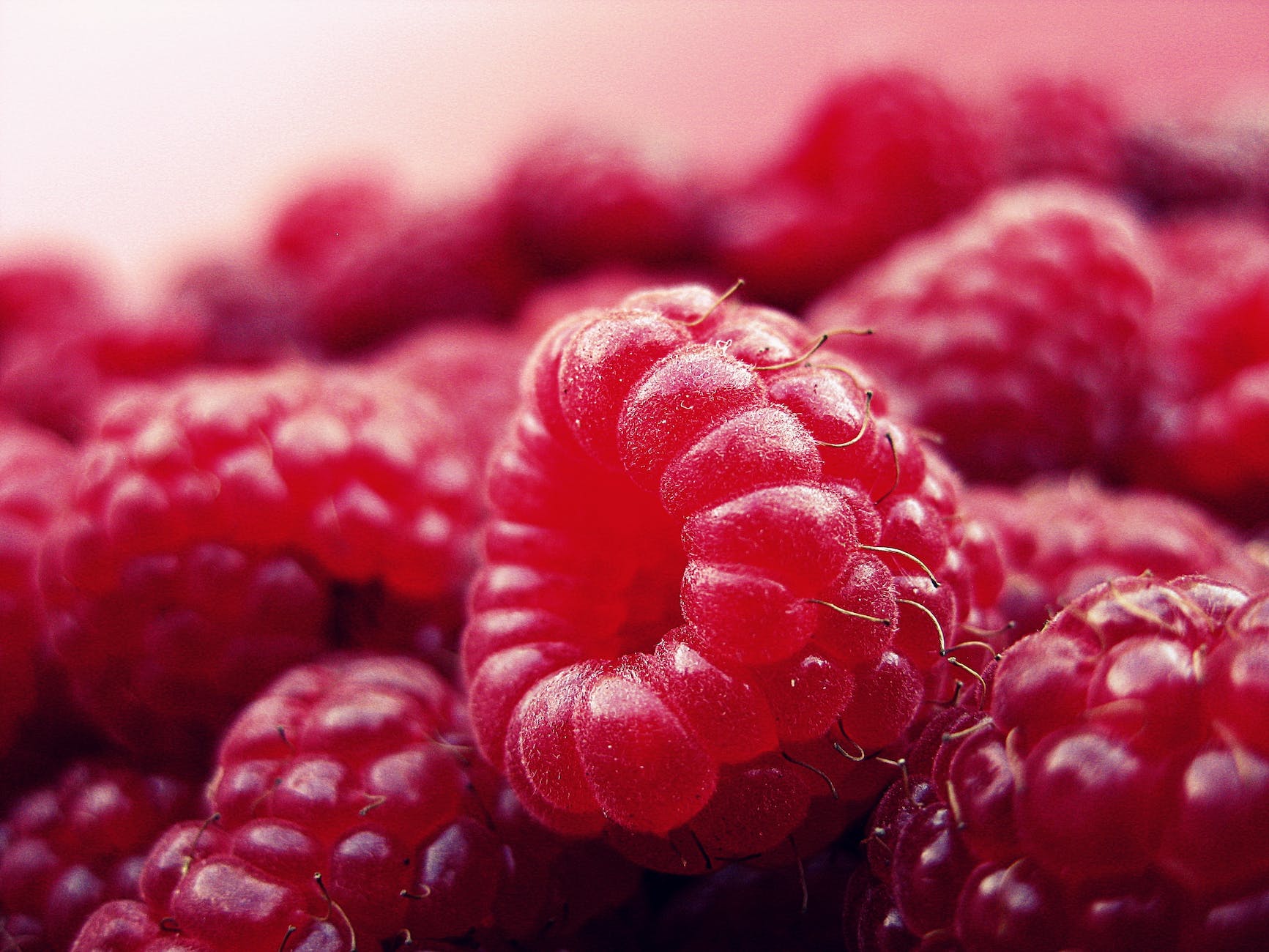
Introduction
Durian – Known as the “king of fruits” in Southeast Asia, durian is famous for its unique smell, large size, and spiky rind. While the smell might be off-putting to some, many people love the fruit’s rich, custard-like texture and complex flavor.
is Durian good for Weight Loss?
Durian, a tropical fruit known for its distinct taste and odor, is often debated when it comes to its potential impact on weight loss. While durian is a nutrient-rich fruit that offers several health benefits, its effect on weight loss is not straightforward. Let’s explore some aspects to consider:
- Nutrient Content: Durian is rich in vitamins, minerals, and fiber, which can contribute to a balanced and nutritious diet. It contains essential nutrients like vitamin C, potassium, and dietary fiber, which can support overall health and well-being.
- Calorie Content: Durian is relatively high in calories compared to many other fruits. It is important to consume it in moderation, as excessive calorie intake can hinder weight loss efforts. The calorie content can vary depending on the variety and serving size of durian consumed.
- Fiber Content: Durian contains a good amount of dietary fiber, which can promote feelings of fullness and aid in digestion. Fiber-rich foods can help control appetite and reduce calorie intake, which may indirectly support weight loss goals.
- Energy Balance: Weight loss ultimately depends on achieving a negative energy balance, where you consume fewer calories than you expend. While durian can be part of a balanced diet, it is important to consider its calorie content and incorporate it into an overall calorie-controlled eating plan.
- Individual Factors: The impact of durian on weight loss can vary among individuals based on factors such as metabolism, overall diet, physical activity level, and personal preferences. It’s crucial to focus on overall dietary patterns and a holistic approach to weight management rather than relying on a single food item.
If you’re aiming for weight loss, it is advisable to consult with a healthcare professional or a registered dietitian who can provide personalized guidance based on your specific needs and goals. They can help you create a well-rounded eating plan that incorporates a variety of nutrient-dense foods, including fruits like durian, while ensuring you maintain a calorie deficit for weight loss.
Remember, sustainable weight loss is typically achieved through a combination of balanced nutrition, regular physical activity, and healthy lifestyle habits. It is important to focus on long-term changes rather than quick fixes or relying on the effects of a single food item
Is Durian Healthy? 6 Benefits of Durian
Durian, the exotic tropical fruit known for its strong aroma and unique taste, offers several potential health benefits. Let’s explore some of the reasons why durian is considered a healthy fruit:
- Rich in Nutrients: Durian is packed with essential vitamins and minerals, including vitamin C, vitamin B6, potassium, manganese, and copper. These nutrients play various roles in supporting overall health, such as boosting immune function, promoting healthy metabolism, and maintaining proper nerve function.
- Good Source of Dietary Fiber: Durian contains a significant amount of dietary fiber, which is important for digestive health. Fiber helps regulate bowel movements, promotes feelings of fullness, and can contribute to healthy weight management.
- Antioxidant Properties: Durian is rich in antioxidants, such as anthocyanins, beta-carotene, and vitamin C. These compounds help protect the body against damage caused by free radicals, which are harmful molecules that can contribute to chronic diseases and aging.
- Healthy Fats: Durian is unique among fruits as it contains a moderate amount of healthy fats. These fats include monounsaturated fats, which are known for their heart-healthy benefits and can help support proper cholesterol levels.
- Promotes Skin Health: The vitamin C content in durian is beneficial for skin health. Vitamin C is involved in collagen production, a protein that contributes to the strength and elasticity of the skin. Consuming durian as part of a balanced diet may help maintain healthy and radiant skin.
- Boosts Energy: Durian is a calorie-dense fruit that provides a good source of energy. It contains carbohydrates, which are the body’s primary fuel source, making it a suitable choice for individuals needing an energy boost.
While durian offers potential health benefits, it’s important to note that individual responses to food can vary. Some people may have allergies or sensitivities to durian, and its high calorie and sugar content should be considered if you have specific dietary needs or goals.
Incorporating durian into a balanced and varied diet, alongside other fruits, vegetables, whole grains, lean proteins, and healthy fats, can contribute to overall health and well-being. As with any food, moderation is key, and it’s always advisable to consult with a healthcare professional or registered dietitian for personalized advice based on your individual health circumstances.
Nutritional Profile of Durian
Durian is a nutrient-rich fruit that offers a wide array of vitamins, minerals, and other beneficial compounds. Let’s take a closer look at the nutritional profile of durian:
- Vitamins: Durian is a good source of various vitamins, including:
- Vitamin C: Durian contains a significant amount of vitamin C, which is important for immune function, collagen synthesis, and antioxidant protection.
- Vitamin B6: Durian provides vitamin B6, which plays a vital role in metabolism, brain development, and the production of red blood cells.
- Thiamin (Vitamin B1): Durian contains thiamin, which is involved in energy metabolism and proper nervous system function.
- Riboflavin (Vitamin B2): Durian contains riboflavin, which is important for energy production and cellular function.
- Minerals: Durian is also a good source of various minerals, including:
- Potassium: Durian is rich in potassium, an essential mineral that plays a key role in maintaining proper heart function, fluid balance, and muscle contractions.
- Copper: Durian provides copper, which is involved in energy production, collagen synthesis, and the functioning of the nervous system.
- Manganese: Durian contains manganese, which is important for bone health, metabolism, and antioxidant defense.
- Magnesium: Durian is a source of magnesium, which is involved in over 300 biochemical reactions in the body and contributes to bone health, energy production, and nerve function.
- Fiber: Durian is relatively high in dietary fiber, which supports healthy digestion, promotes satiety, and helps regulate blood sugar levels.
- Healthy Fats: Durian contains a small amount of healthy fats, including monounsaturated fats, which are known for their potential heart health benefits.
It’s important to note that the nutritional composition of durian can vary slightly depending on the variety and ripeness of the fruit. Additionally, durian is relatively high in calories and carbohydrates, so portion control is advised, especially for individuals with specific dietary goals or conditions.
Per 100 grams, durian provides:
- Calories: 147
- Protein: 1.47 grams
- Fat: 5.33 grams
- Carbohydrates: 27.09 grams
- Fiber: 3.8 grams
- Vitamin C: 33% of the DV
- Thiamine: 30% of the DV
- Manganese: 16% of the DV
Health Benefits
Durian is rich in nutrients and provides several health benefits:
- Rich in Antioxidants: Durian contains a variety of antioxidants, which can protect against cellular damage and inflammation.
- Heart Health: The fiber, potassium, and vitamin C content of durian may help to lower cholesterol levels and improve overall heart health.
- Boosts Immune System: The high vitamin C content supports a healthy immune system.
Potential Warnings
Durian is safe for most people, but there are a few things to be aware of:
- Alcohol Interaction: There’s a long-standing belief in some cultures that eating durian and drinking alcohol can lead to death. While not completely proven, studies suggest that the sulfur compounds in durian can inhibit aldehyde dehydrogenase, an enzyme involved in metabolizing alcohol, leading to increased alcohol toxicity.
- High in Sugar: Durian is higher in sugar and calories than most other fruits, which may not make it the best choice for people with diabetes or those watching their calorie intake.
Weight Loss Benefits
Despite its higher calorie content, durian can still be part of a balanced, weight-loss diet:
- Rich in Fiber: The fiber in durian may help to reduce hunger and prevent overeating.
- Healthy Fats: Durian contains monounsaturated fats, which can keep you feeling satisfied.
Five Practical Ways to Incorporate Durian into Your Diet for Weight Loss
- Durian Smoothie: Blend durian with a banana, spinach, and almond milk for a filling, nutritious smoothie.
- Durian Pancakes: Mash durian and mix it into your pancake batter for a fruity twist on a breakfast classic.
- Durian Salad: Mix fresh durian into a fruit salad. The bold flavor of durian pairs well with milder fruits like apples and bananas.
- Durian Dessert: Combine durian, low-fat Greek yogurt, and a drizzle of honey for a simple, healthy dessert.
- As a Snack: Simply enjoy the fresh durian fruit as is, being mindful of portion sizes due to its higher calorie content.
Conclusion
Durian, while polarizing, is a nutrient-rich fruit that can be a beneficial part of a healthy diet. It’s best to enjoy durian in moderation due to its higher sugar and calorie content. With its unique flavor, durian can add a new dimension to smoothies, pancakes, salads, and desserts.













